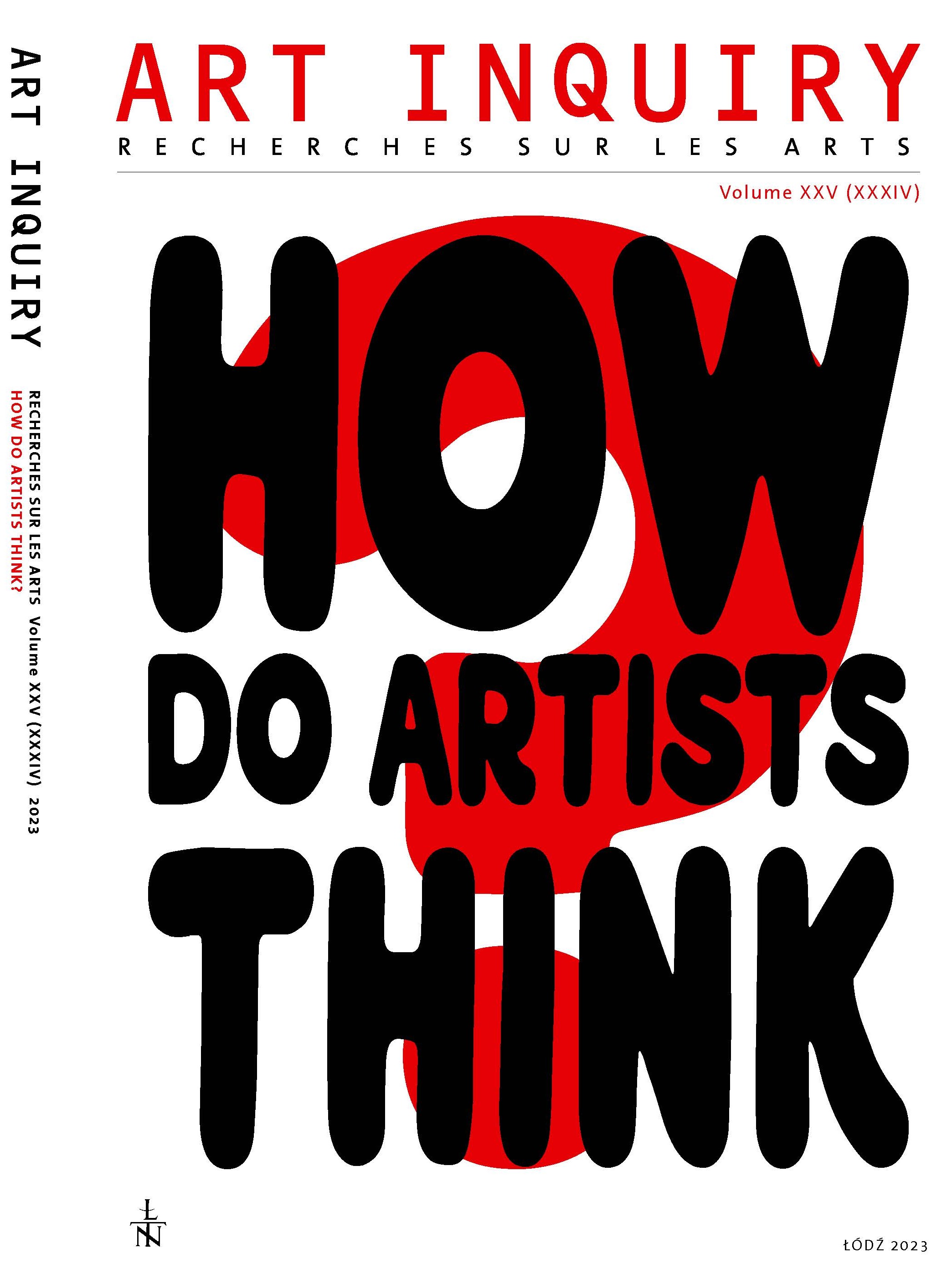Dialogues between artists and fashion
DOI:
https://doi.org/10.26485/AI/2023/25/9Keywords:
artistic fashion, costume, clothing, metaphor, visual aesthetics, corporeality, philosophy of existence.Abstract
Fashion prompts a variety of reflections, and it is impossible to relate it only to presentations of clothes at world shows. It is a suitable material for many different artistic endeavors. Visionary artists like Elsa Schiaparelli, Stanisław Ignacy Witkiewicz, Tadeusz Kantor, Marian Stępniak, Zuzanna Janin and Magdalena Moskwa reject the basic function of clothing and give it a new way of existence. Instead of a protective or aesthetic function, it serves a symbolic or metaphorical one. Each item of clothing can become a work of art or a pretext for a dialogue with history, philosophy, psychology, literature, art, or with the creator's own self. Fashion can sometimes be a tool for satisfying artistic needs and manifesting them through the presentation of clothes created by artists.
References
Baudelaire Charles (2000) Rozmaitości estetyczne, transl. J. Guze, Gdańsk: słowo/obraz terytoria.
Borkowski Grzegorz (2009) Dwie powszedniości w Galerii Działań, https://archiwum-obieg.ujaz-dowski.pl/recenzje/10470 [accessed: 09.06.2023]
Czerni Krystyna (2002) Tadeusz Kantor. Malarstwo i teatr. Przewodnik po twórczości artysty, Cricoteka, Bydgoszcz: BWA in Bydgoszcz.
Czerniak Stanisław (2016) Moda [in:] idem, Iskra buntu, Nowa Wieś nad Drwęcą: Wydawnictwo Rolewski.
Falkiewicz Andrzej (1996) Istnienie i metafora, Wrocław: Wydawnictwo A.
Fumaroli Marc (2008) Państwo kulturalne, religia nowoczesności, transl. H. Abramowicz, J. M. Kłoczkowski, Kraków: Towarzystwo Autorów i Wydawców Prac Naukowych Universitas.
Goffman Erving (2000) Człowiek w teatrze życia codziennego, transl. H. Datner-Śpiewak, P. Śpiewak, Warszawa: Wydawnictwo KR.
Janin Zuzanna (2014) Solaris. Nie minął czas okrutnych cudów. O nienarracyjności języka sztuki (a fragment of doctoral dissertation), https://archiwum-obieg.u-jazdowski.pl/artmix/32998 [accessed: 18.06.2023]
Kantor Tadeusz (1992) Lekcje mediolańskie, Cricoteka, Kraków: Krakow Convention Bureau.
Rochowiak Jerzy (2008) Przemija postać świata, [in:] Marian Stępniak: koniec i początek = end & beginning, exhibition catalog, Toruń: Wydawnictwo Naukowe UMK.
Stangret Lech (2006) Tadeusz Kantor. Malarski ambalaż totalnego dzieła, Kraków: Art+Edition Adam K. Dominik.
Stępniak Marian (2008), Koniec i początek, [in:] Marian Stępniak: koniec i początek = end & beginning, exhibition catalog, Toruń: Wydawnictwo Naukowe UMK.
Svendsen Lars (2006), Fashion: A philosophy, London: Reaktion Books.
Wicherkiewicz Lena (2013) Moje malarstwo jest próbą zaklinania ciała… Rozmowa z Magdaleną Moskwą, http://magdamoskwa.pl/pdf/tekst12.pdf [accessed: 18.06.2023]
Wicherkiewicz Lena (2013) Skórność. O twórczości Magdaleny Moskwy, http://magdamoskwa.pl/pdf/tekst11.pdf [accessed: 18.06.2023].
Witkiewicz Stanisław Ignacy (1992) Nienasycenie, Warszawa: Państwowy Instytut Wydawniczy.
Witkiewicz Stanisław Ignacy (1992) Pożegnanie jesieni, Warszawa: Państwowy Instytut Wydawniczy.
Downloads
Published
Issue
Section
License

This work is licensed under a Creative Commons Attribution-NonCommercial-NoDerivatives 4.0 International License.



